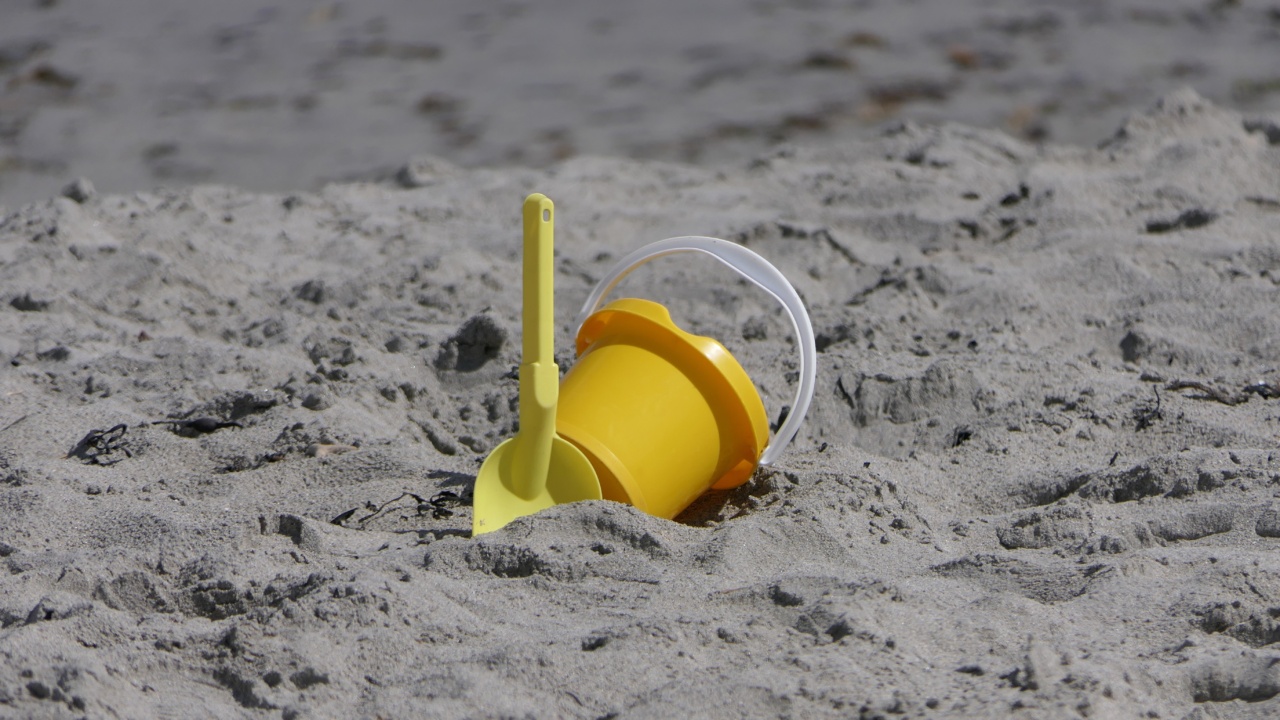Urinary tract infections (UTIs) are a common and painful condition that can affect people of all ages and genders. They occur when bacteria enter the urinary system and multiply, leading to infection and inflammation.
UTIs can range from mild discomfort to severe pain and can also cause complications if left untreated.
Understanding the Urinary Tract
Before we dive into prevention strategies, it’s important to understand the urinary tract and how it functions. The urinary tract consists of the kidneys, ureters, bladder, and urethra.
The kidneys filter waste products from the blood and produce urine, which travels down the ureters into the bladder. From there, urine is excreted through the urethra.
Common Causes of UTIs
UTIs are typically caused by bacteria entering the urethra and making their way up the urinary tract. However, several factors can increase the risk of developing a UTI:.
- Poor hygiene practices
- Sexual activity
- Diabetes
- Menopause
- Urinary tract abnormalities
- Weak immune system
- Obstruction in the urinary tract
Symptoms of UTIs
Recognizing the symptoms of a UTI is crucial in seeking prompt treatment. Common symptoms include:.
- Burning sensation during urination
- Frequent urge to urinate
- Cloudy or bloody urine
- Strong-smelling urine
- Pelvic pain or pressure
- Fever and chills (more severe cases)
Preventing UTIs
Fortunately, there are several steps you can take to reduce your risk of developing UTIs:.
1. Stay Hydrated
Drinking an adequate amount of water helps flush bacteria out of the urinary tract. Aim for at least 8 cups (64 ounces) of water per day. Avoid excessive consumption of sugary drinks and caffeine, as they can irritate the bladder.
2. Practice Good Hygiene
Proper hygiene is crucial in preventing UTIs. Remember to:.
- Wipe from front to back after using the toilet
- Cleanse the genital area before and after sexual activity
- Avoid using irritating feminine products such as douches and powders
- Change sanitary products frequently during menstruation
3. Empty Your Bladder Regularly
Do not hold in urine for extended periods, as it can allow bacteria to multiply. Urinate whenever you feel the need, and make sure to fully empty your bladder each time.
4. Urinate Before and After Sexual Activity
Emptying your bladder before and after sexual activity helps flush out any bacteria that may have been introduced during intercourse.
5. Wear Breathable Undergarments
Tight, non-breathable undergarments can create a moist environment that promotes bacterial growth. Opt for cotton underwear to allow better air circulation and keep the genital area dry.
6. Avoid Irritants
Avoid using harsh soaps, scented toilet paper, and bubble baths, as they can irritate the urethra and increase the likelihood of developing an infection.
7. Take Probiotics
Probiotics, such as lactobacillus, can help maintain a healthy balance of bacteria in the urinary tract. Consider incorporating probiotic-rich foods like yogurt, kefir, and sauerkraut into your diet.
8. Stay Healthy and Active
A strong immune system can help prevent infections, so prioritize your overall health. Maintain a balanced diet, exercise regularly, and get enough sleep to support your immune system.
9. Avoid Holding Urine
Holding urine for prolonged periods can allow bacteria to multiply in the urinary tract. Make sure to use the restroom promptly when you feel the need to urinate.
10. Consider Cranberry Products
Although not definitive, cranberry products such as juice, capsules, or tablets have been associated with a decreased risk of UTIs in some studies. They may help prevent bacteria from adhering to the urinary tract walls.
When to Seek Medical Help
If you suspect you have a UTI or if your symptoms worsen or persist despite home remedies, it’s important to seek medical help. Your healthcare provider can diagnose the infection and prescribe appropriate treatment, typically antibiotics.
Conclusion
Preventing urinary tract infections involves adopting good hygiene practices, staying hydrated, and taking steps to support overall health.
By implementing these strategies, you can significantly reduce your risk of developing UTIs and enjoy a healthier urinary system.































